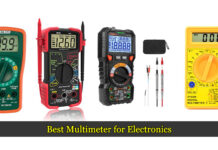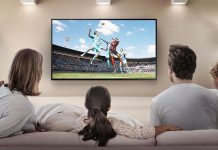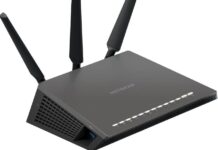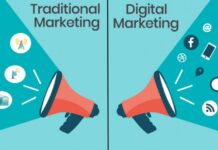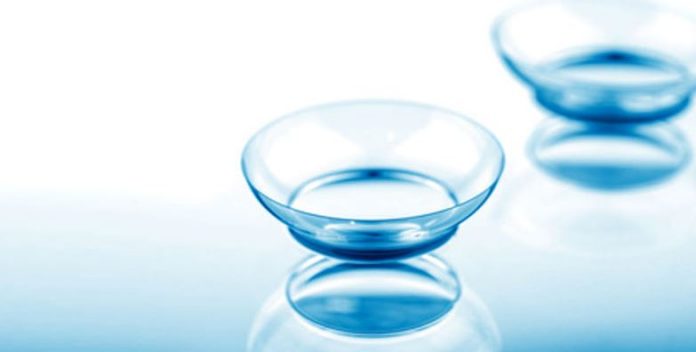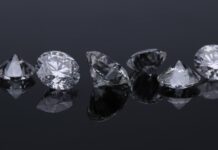If you are bored or tired of wearing glasses, that hamper your active lifestyle, or your fashion style, contact lenses are a great option. However, a lot many people get bewildered over which lenses they should buy. The first step in choosing suitable contact lenses is to see your optician. It is highly recommended that you get your eyes inspected and get a prescription from a certified optician, Once you have the prescription, you are free to buy lenses from any retail store or a reliable e-commerce site.

Contact lenses have come a long since their inception. What used to be uncomfortable, thick lenses have now become permeable, thin and colorful. Not only can you wear lenses to get rid of your thick glasses, but you can also wear them for aesthetic purposes.
You can talk to your eye doctor to discuss the best lenses for your eyes but to help you get started, here is what you need to know:
1. Soft Contact Lenses
Good For: People with allergies
These lenses are made from a special type of plastic mixed with water. Because of the water, oxygen is able to pass through the lens to the cornea making the lens comfortable, avoiding dry eyes and keep the cornea healthy. When the cornea doesn’t get enough oxygen, it can swell up and become cloudy. This can cause blurry vision and other fatal problems.
There are several pros to soft contact lenses:
- Most are disposable and thus they are low maintenance.
- Lesser chance of infection
- More comfortable
There are some lenses that are not disposable as well. Usually, these are custom designed. Compared to other types of lenses such as rigid gas-permeable, soft contact lenses feel way more comfortable. The bonus is that several soft lenses also offer UV protection.
But, there are cons to this as well.
- Soft lenses can absorb particles, mold easier than hard or rigid-gas permeable lenses. They can soak up all kinds of things which can irritate your eyes.
- They are fragile and rip easily.
Types of soft lenses:
- Daily disposables – These are meant to be worn only for a day. They reduce the risk for irritation and infection because you do not have to worry about build-up or cleaning the lenses.
- Silicone-based materials – Extremely breathable lenses which keep the deposits from building up. This means that you will not experience dry eyes. However, do not sleep with these lenses in.
2. Colored, soft contacts
Good For: People who want to experiment with their looks
- Visibility Tint: These lenses have just a tiny bit of color to help you find your lenses if you drop them. For a more pronounced effect, try Anesthesia Contact Lens which will give your eyes a natural hue.
- Enhancement Tint: These lenses are for you if your eyes are of a lighter color.
- Opaque tint: These lenses are the ones you should get if your eyes are darker and you really want to change the color of your eyes. Try the Anesthesia Addict Oro for a light ocre color.
Colored contacts also require a prescription and need to be cared for like regular lenses. .
3. Rigid Gas-Permeable Lenses
Good For: People with astigmatism and people who want durable lenses.
These lenses are stiff compared to soft lenses. They are made from silicone and that allows oxygen to pass to your cornea.
The pro with these lenses are that you will be able to see better than you can with soft lenses and they are easy to take care of. The con is that it takes a long time to get used to these lenses and you might have to wear them every day.
4. Bifocal Contact Lenses
Good For: People with presbyopia
Bifocal lenses can help you with presbyopia and if you have trouble with both near and far vision. You get two options with these – soft and gas-permeable.
Ask your doctor about which lenses are the best option for you. You may even try Ortho-K that reshapes your cornea while you sleep and help with your vision overall.






